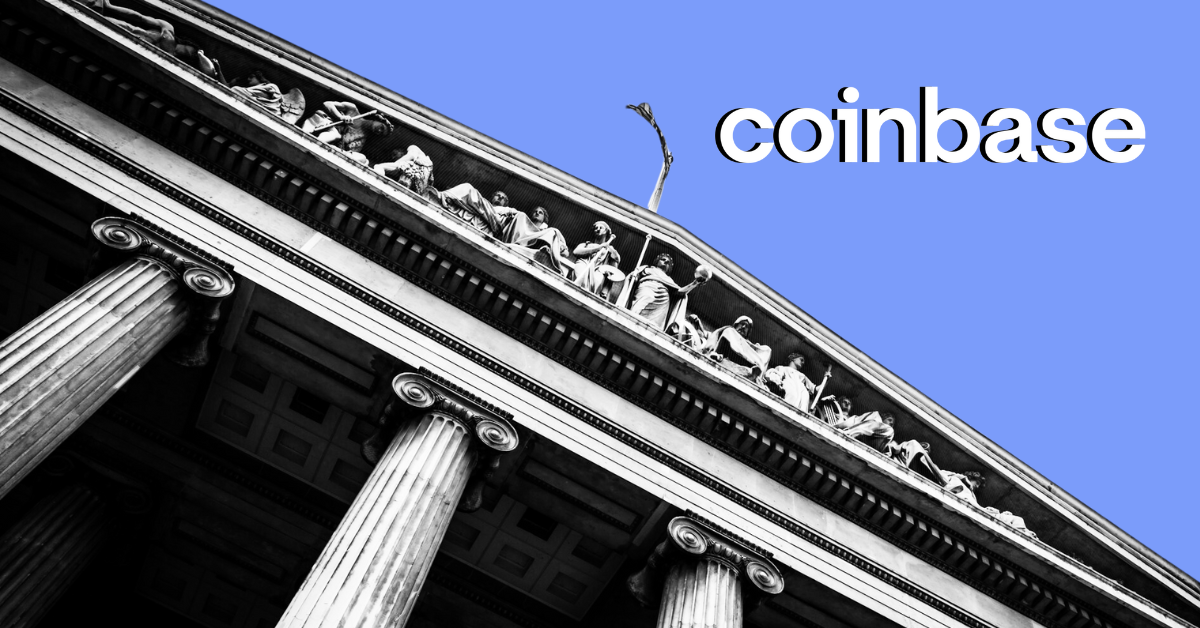In a deeply disheartening and pivotal turn of events, the judicial scales have resolutely tipped in favor of the Securities and Exchange Commission (SEC) against Coinbase, marking a significant chapter in the ongoing saga of digital asset classification and regulatory oversight. This verdict reverberates through the corridors of the financial world, igniting debates and reshaping paradigms surrounding the intricate intersection of cryptocurrency and securities law.
The court’s unequivocal stance underscores the gravity of Coinbase’s alleged transgressions, wherein the company stands accused of assuming the roles of an exchange, broker, and clearing agency without the requisite registrations, with particular emphasis on its Staking Program’s classification as an unregistered securities offering. This ruling casts a long shadow over Coinbase’s operations, signaling a seismic shift in the regulatory landscape governing digital asset platforms.
At the heart of this legal maelstrom lies the SEC’s assertion that Coinbase, through its platform, facilitated the trading of various crypto assets deemed by the agency to fall under the purview of securities. Among these assets are stalwarts of the cryptocurrency realm such as SOL, ADA, ICP, and MATIC, each now ensnared in the regulatory quagmire orchestrated by the SEC’s stringent enforcement measures.
The courtroom battlefield becomes a theater of intellectual combat as legal luminaries spar over the nuanced interpretation of U.S. securities laws vis-à-vis the burgeoning realm of digital assets. The court’s deliberation plunges into the depths of this intricate debate, scrutinizing every facet of Coinbase’s modus operandi to determine the applicability of securities regulations to its operations.
In a resounding affirmation of the SEC’s position, the court’s ruling resolutely places these crypto transactions within the ambit of securities regulation, compelling Coinbase to navigate the labyrinthine corridors of registration as an exchange, broker, and clearing agency. This landmark decision sets a formidable precedent, resonating far beyond the confines of this particular case and establishing a formidable foothold for regulatory oversight in the rapidly evolving landscape of digital finance.
Moreover, the court’s meticulous examination extends beyond the realm of statutory interpretation to encompass broader constitutional and procedural considerations. With a deft stroke of judicial scrutiny, arguments invoking the “Major Questions Doctrine,” the Due Process Clause, and the Administrative Procedure Act are meticulously dissected and ultimately deemed insufficient to shield Coinbase from the SEC’s regulatory onslaught.
The ramifications of this ruling reverberate across the cryptocurrency ecosystem, casting a pall of uncertainty over industry participants and stakeholders alike. The boundaries of the SEC’s regulatory authority are redrawn with emphatic strokes, underscoring the agency’s prerogative to assert its jurisdiction over novel technologies and financial instruments within the framework of existing securities laws.
Despite Coinbase’s valiant defense against the SEC’s allegations, the court’s verdict delivers a resounding blow, affirming the agency’s contention that Coinbase, through its Wallet service, operated as an unauthorized broker, albeit with certain caveats. This verdict sends shockwaves through the market, precipitating a precipitous decline in Coinbase’s stock value ($COIN), as investors grapple with the ramifications of this seismic legal upheaval.
As the dust settles on this landmark legal battle, the reverberations of the court’s ruling continue to ripple through the cryptocurrency landscape, reshaping the contours of regulatory discourse and underscoring the imperative of compliance in an increasingly scrutinized industry. The saga of Coinbase versus the SEC stands as a cautionary tale, a stark reminder of the formidable regulatory hurdles that accompany the pursuit of innovation in the ever-evolving realm of digital finance.



